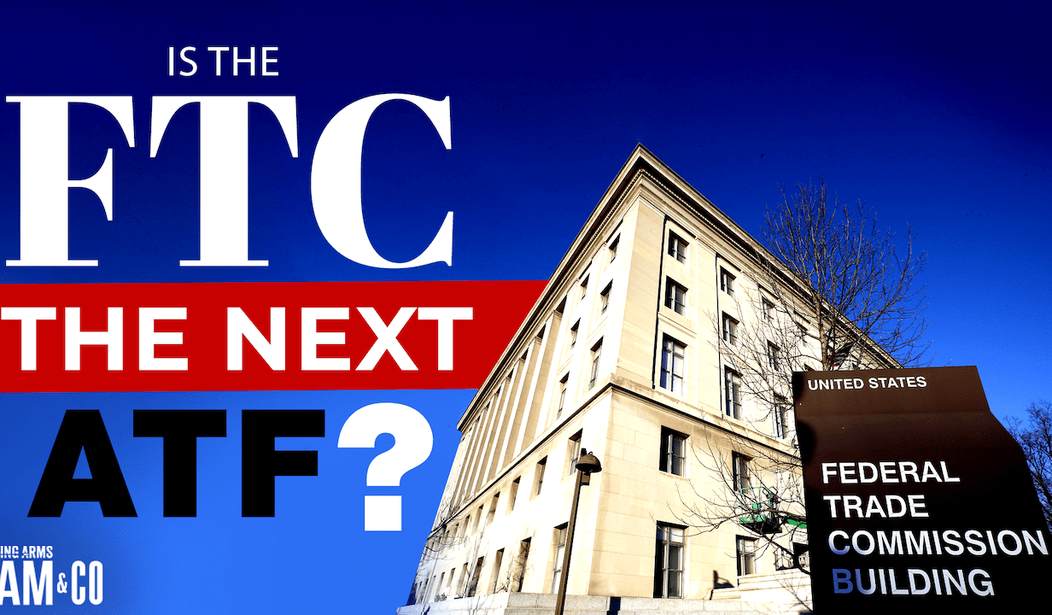In terms of determining when a gun becomes a gun or showing up at gun owner’s homes to ask them about their recent purchases, no. But in terms of being a federal alphabet agency weaponized by the gun control lobby to target the firearms industry, it’s a distinct possibility.
The latest chapter of the gun control movement’s attempt to make gun manufacturers their new bogeyman (after decades of the NRA playing that role) comes from the pages of USA Today, where reporters Nick Penzenstadler and Amritpal Kaur Sandhu-Longoria have published a lengthy piece on the complaints made by anti-gun groups to the Federal Trade Commission claiming the firearms industry’s advertising is false (for advocating the self-defense benefits of gun ownership) and in some cases even advocates for the criminal misuse of their products.
Democrats and advocates seeking to address gun violence argue that owning a gun does not make your home safer, a case for false advertising, and that marketing offensive “tactical operations” with military-grade weapons constitutes unlawful use of the product.Just as Joe Camel and the Marlboro Man became flashpoints for a crackdown on cigarette ads in the 1990s, a handful of images are dominating the national debate. Among them is a series of ads from Remington about a “combat” AR-style rifle for “the infinite number of extreme scenarios you’ll face in the worlds of law enforcement or personal defense.”Seeing an opening, gun control advocates have filed a series of complaints and petitions with the Federal Trade Commission, the independent agency charged with protecting consumers from unfair or deceptive marketing.In Congress, Democrats are seeking action against gun marketing, too, with a bill aimed at a crackdown and the top oversight committee has been hounding firearm manufacturers for details of their advertising and sales.The messages use fear to suggest everyone needs a firearm to defend themselves and their property, according to David Pucino, deputy chief counsel at Giffords, the gun control group founded by former Rep. Gabby Giffords. Pucino maintains that is a lie.
When Beretta began advertising in Ladies Home Journal in the early 1990s, gun violence researchers started to take notice of the shift.The spots featured an unsecured, loaded pistol on a bedside table and instructed consumers to “tip the odds in your favor” and to think of a gun as “homeowner’s insurance.” They led the Center to Prevent Handgun Violence — the precursor to Brady — to file its first petition with the FTC in February 1996.Joined by children’s health groups and pediatricians, the gun control group argued that ads suggesting you’re safer with a gun were unfair and misleading.
[David] Yamane, the Wake Forest professor, writes and speaks about liberal gun owners, including himself. He said that although it makes sense for the FTC to get involved in regulating firearm ads, the bar for proving misleading advertisements is high.“There’s the issue of if on average gun ownership makes people less safe, that average would include tens of thousands for whom guns made them safer,” Yamane said. “I wonder how this would apply to other forms of security advertising. I’m bombarded by ads for security systems and cameras claiming they make you safer. Should the FTC regulate that?”









Join the conversation as a VIP Member